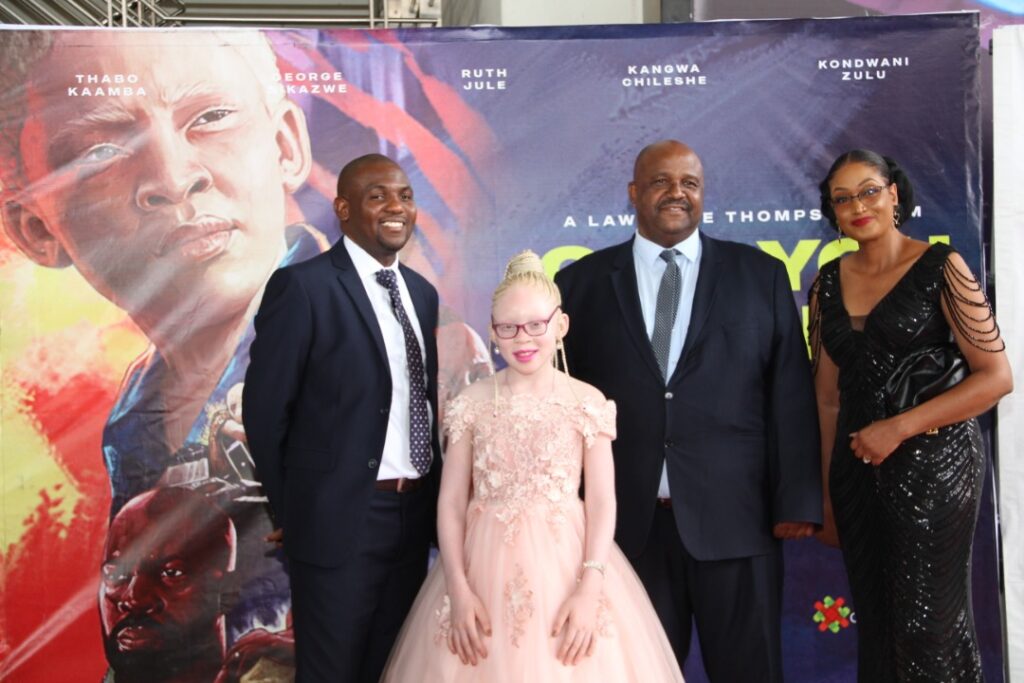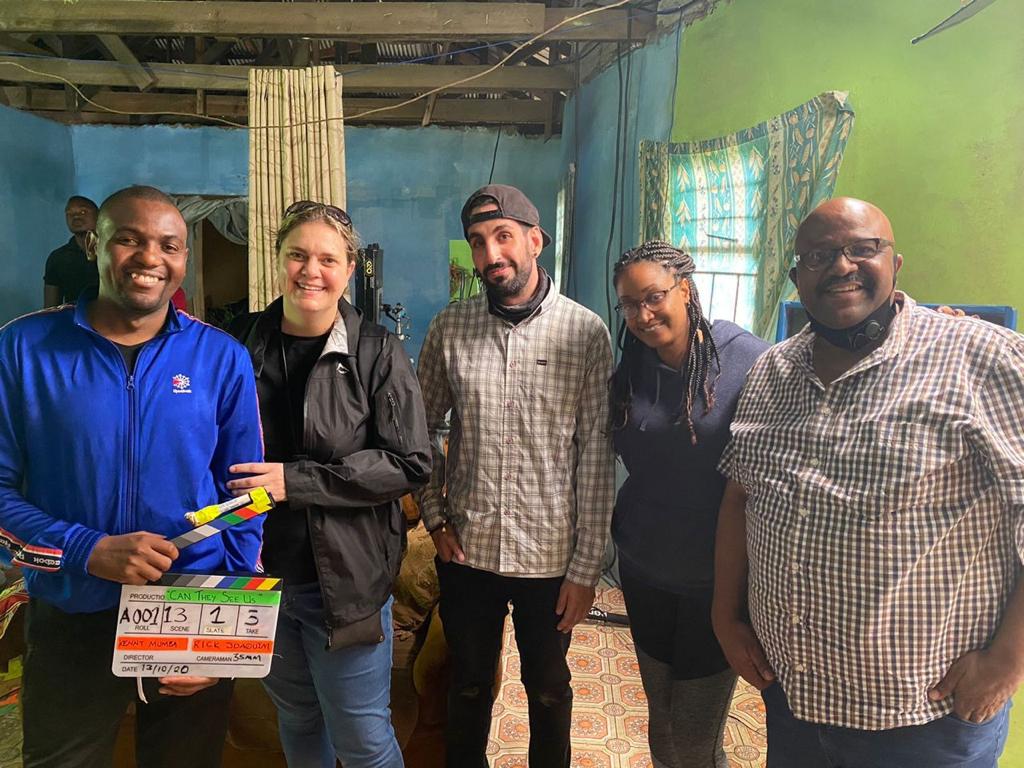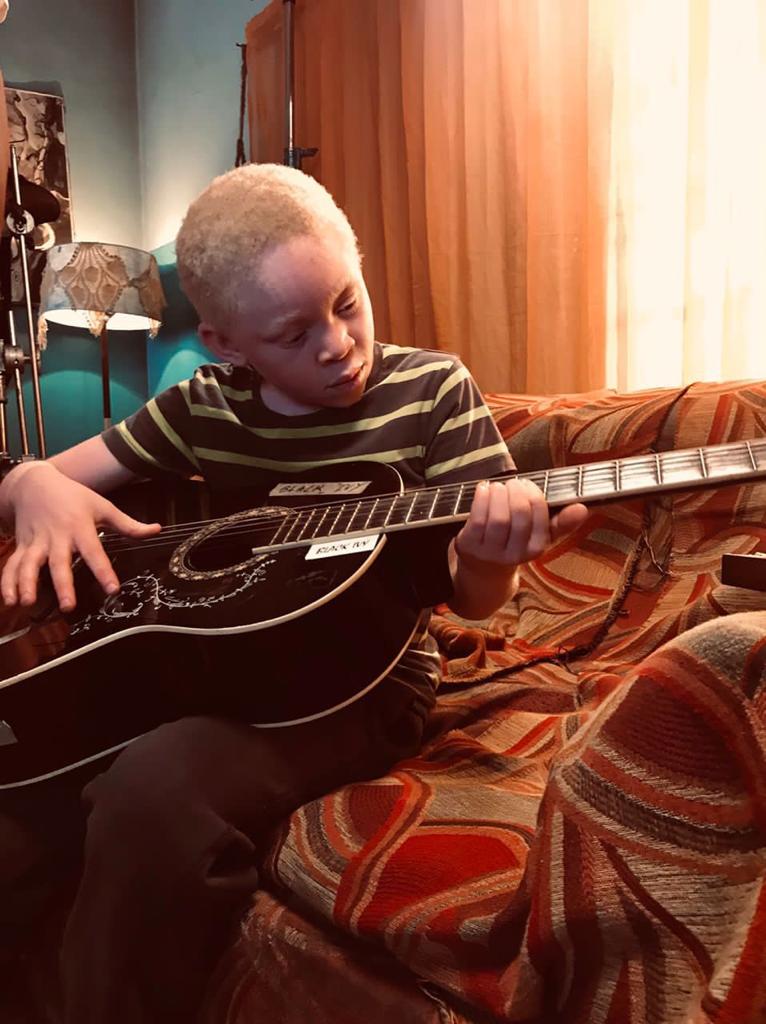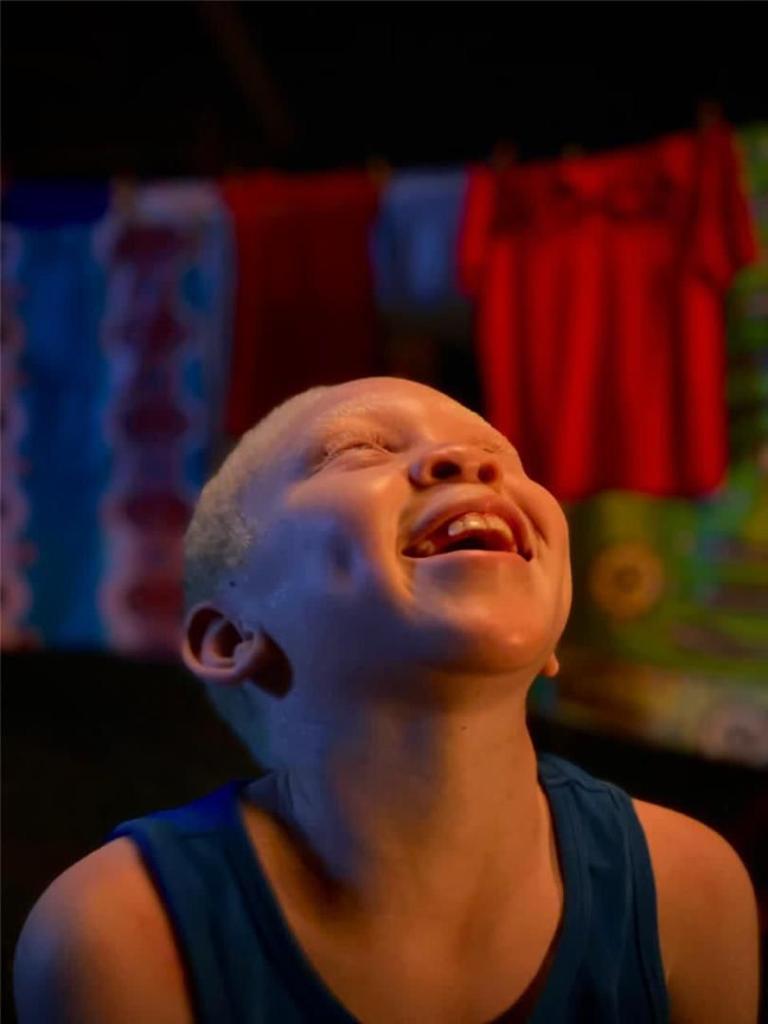“… There are certain myths and harmful and ignorant practices that have cost us our humanity and have created a loss in human connections. I feel that Can You See Us? addresses these issues and starts the conversation that will lead to a change in behaviour…”
By Seyi Lasisi
Africa is home to fifty-four countries. But, when it comes to filmmaking in the continent, a few countries – Nigeria, South Africa, Egypt, Kenya, and Ghana – seem to have monopolised mainstream attention. Films and series production in these countries have come to define filmmaking in the continent. Using Netflix’s recently published social impact report, the streaming platform rationed its investment amongst Nigeria, South Africa, and Kenya, and in an interview with Yolisa Phahle, ex-CEO of the African-based Showmax, one gets a sense that the platform still rotates its investment and original local production between these three countries. However, with the cross-continental acceptance that Can You See Us? has received, the Zambia film industry might be joining Nigeria, South Africa, and Kenya in attracting investment.
Dubbed the debut feature-length Zambian film on Netflix, the film follows the life of Joseph (as played by Thabo Kaaba), a young boy living with albinism. The linear story hinges on the unique challenges Africans with albinism face in a continent where their existence is, sadly, meted with misconceptions. Predominantly set in a working-class environment, the film charts such stereotypes in Zambia. When they are not called “Mwabi” (Nyanga slur for people with albinism), there is the belief that their body parts usher in wealth. In subverting those unguided and stereotypical views, the film passes a poignant message about acceptance.
In this exclusive interview with Afrocritik, Kenny Mumba, the director of Can You See Us?, speaks about what it means to direct Zambia’s debut feature-length film on Netflix, the importance of government support to filmmakers, and why it is necessary to confront and curb myths and stereotypes.
Let’s begin with congratulations on directing the debut feature-length Zambian film on Netflix. What does this mean to you?
Thank you for taking the time to interview me! Directing a Zambian feature film is something that has changed my mindset; that our stories are valid. I believe it is important to not only give a voice to Zambian filmmakers but also to share African stories with the world.
For the benefit of our readers who would like to know more about you. Who is Kenny Mumba?
I’m a proud Zambian with a deep love for African storytelling. When I’m not busy directing films, I’m a husband, a “girl dad”, and a dreamer who believes that nothing is impossible.
You direct TV commercials and music videos. In what way do they influence or inform your filmmaking process – using Can You See Us? as a reference?
Shooting commercials is challenging, but it has helped me become more decisive with shots, art direction, wardrobe, colour plates, and performances. I used to be a bit of a perfectionist and would spend hours agonising over every little detail. But now I have learned to trust my gut and make decisions quickly. This has helped me develop my unique camera language and pace, and it gave me confidence in making decisions on Can You See Us?
How would you describe the Zambian film industry to an outsider?
The Zambian film industry is challenging, but it is beautiful. We use what we have, and it is a struggling industry. But we are resilient in trying to grow and in telling our stories.

(Read more: Phillip Leteka is on a Mission to Build a Thriving Film Industry in Lesotho)
Hakainde Hichilema, the Zambian President, attended the film’s premiere. This hints at possible government support for the Zambian film industry. What is the level of government support for the film industry in Zambia? What roles should the government play in propelling indigenous African filmmakers?
President Hakainde Hichilema a sitting Head of State, taking his time to attend the Can You See Us? film premiere, to sit down and listen to the challenges facing the film industry, sets an example for many other governments to follow.
Can You See Us? is the first Zambian feature-length film on Netflix. How did the Netflix deal come about?
Getting our film onto Netflix was a long process. After we submitted the film to Netflix, it took a while for us to get a review. But amazingly, it happened, and it has been exciting to see our film being watched by Zambians, and people all over the world.

The film, commendably, portrays how stereotypes are handed down from generation to children. And as was shown in the film, these stereotypes instill a culture of cruelty. Can you speak to the need to confront these stereotypes? And how do you think these generational myths and ignorant opinions can be made extinct?
I think there are certain myths and harmful and ignorant practices that have cost us our humanity and have created a loss in human connections. I feel that Can You See Us? addresses these issues and starts the conversation that will lead to a change in behaviour. We need more people to rally against these myths and more love and compassion for people who are different from others.
(Read more: How Africa is Turning Against People with Albinism)
The film placed a lot of emotional demand on the lead child actor, Thabo Kaabo. What were the behind-the-scenes dynamics of working with Thabo Kaabo for the emotional scenes in the film?
Thabo Kaamba is special, and you see it come through in the film. She was the right child actress for the role, and she was able to pull off a complex character with ease. We had (filmmaker) Robert Nyirenda as our acting coach, and he helped Thabo build confidence and learn all the mannerisms she needed to pull off the role. I remember her on set saying things like “Let me find my tears.”


(Read more: “Safari” Review: Bill Afwani-Directed Film is a Successful Casting of Child Actors)
The title of the film opens itself up to multiple interpretations. It comes off as a retort to a society that scorns Africans with albinism. It also takes the posture of people with albinism challenging society. Can you speak to the intentionality behind the title?
Can You See Us? is a question that the film asks the audience. As you watch the film, it offers the answer: Can you see someone who is different from you and their struggles, pain, hopes, dreams, and identity?
Aside from the film being vocal about its empathetic support for Africans with albinism, the film also raises the importance of embracing one’s identity. Can you speak to other subtle issues the film raises?
Can You See Us? is a powerful film that tells a human story about discrimination, self-worth, enduring love, personal values that drive change, and undeniable and sincere talent. The film follows the journey of a young boy who is forced to confront the prejudices of his society to find his place in the world. The film is both heartbreaking and heartwarming, and it is sure to stay with you long after you watch it.
Netflix and other streaming services are gradually increasing and updating their catalogue of indigenous African films. As a filmmaker, what do you think of this? And will this elevate storytelling in the continent?
Streaming services like Netflix have been a great way to showcase African stories to a global audience. This has given hope to many African filmmakers and storytellers, who now have a platform to share their work with the world. These platforms have also helped to raise awareness of African culture and values, and have given a voice to African people who have often been marginalised.
Seyi Lasisi is a Nigerian student with an obsessive interest in Nigerian and African films as an art form. His film criticism aspires to engage the subtle and obvious politics, sentiments, and opinions of the filmmaker to see how it aligns with reality. He tweets @SeyiVortex.





I watched the movie “Can you see us” today and I am still crying. It was heart wrenching when the man denied him, he gave the boy the guitar and told him to go away. That scene was worse than the father who denied him when he was born. Watching him standing there with tears going down his face was devastating to me. Everyone in the world should watch this movie and it will change them forever.
I loved the movie and I do not think I could ever watch it again, I wanted to adopt him myself.